You might be wondering why Trustroots is changing the name of Tribes. In this collaborative article we will try to explain what’s behind the change and why this matters. It has mainly been written by Mariyano, a Brazilian backpacker currently under lockdown in Buenos Aires due to the pandemic, and Martin A. who spent a few years travelling before finding relative stability by the European Alps. But as you will see below there has also been plenty of discussion among the Trustroots volunteers, so all in all it’s a rather communal project.
Going Back, Way Back
For centuries, the term tribe has been used to describe peoples that are considered savages, isolated from “civilization”, and of no real value to society. Often there is a contrast between indigenous ways of living and traditional Western ideas of progress. If choosing to keep their identity and preserve their values, indigenous peoples were isolated and their side of the story ignored. This was a worldwide result of colonialism, an attempt to standardise culture instead of trying to understand differences.
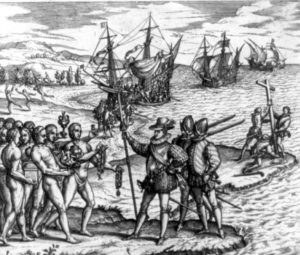
And it’s not only something of the past. For example, a 2010 census recognized that Brazil has 305 different ethnicities and 274 distinct languages. Still, Portuguese is the only official language, and most popular media simply label other groups as “Indians”. Which, as we learned in school, comes from the first Europeans that landed on Abya Yala’s shores (now known as The Americas) thinking that they were in India. More than five hundred years have passed and the mistake has yet to be corrected.
With the counterculture movement in the 1960’s, the term started to be used as a protest against traditional values. It described communities that felt another sort of connection than what was considered standard by the Western establishment. Fast forward a couple of decades and the term is still used in this sense by Gogol Bordello and Trustroots alike – but due to its oppressive history, we’ve been having second thoughts. Tribes is still commonly used when describing “less developed” societies, a part of upholding a colonialist worldview.
Decolonisation
This brings us to the concept of decolonisation, which is why we are renaming the feature on Trustroots. If you’re unfamiliar with it, don’t worry, plenty of people are and we’ll try to explain it below. It’s a debate that started around the 1990’s, but so far it has had very little attention in mainstream media. There is also little to no inclusion of it in general education, even in places heavily influenced by colonialism. As a more direct example, Mariyano has both Indigenous and African heritage, but until last year he was pretty much ignorant about it.
My education was based on a Eurocentric perspective, I grew up learning in class that when the Europeans came they brought enlightenment and civilization to the “primitive” folks that inhabited the continent of Abya Yala. And even though history books would mention how many died due to diseases brought over, or due to religious matters, the way it was portrayed was with the conquerors narrative of exploration and development.
This creates a sort of Colonial Coma. A state of deep unconsciousness created by our surrounding social structure. In it we forget our roots, our origins, the legacy of our cultures. In the mirror we don’t recognize the heritage of the person looking back. This concept is explored by some, such as Wapichana-heritage artist Gustavo Caboco. But while identity is a complex and profound matter, we too often remain on the shallow end.
As mentioned above I, Mariyano, only embraced my African and Indigenous ancestry recently. I call it being Mestygena, a person mixed of many origins. At the 2019 Racial Equity forum in São Paulo I met Renata Tupinambá, a journalist and co-founder of Rádio Yandê, the first indigenous web radio in Brazil. She conceived the idea of Ethnomedia, “the appropriation of means of communication to make it possible for people to be their own interlocutors, proving that tradition and modernity can be combined in the preservation of cultures“. This created a new awareness of both ethnicity and media. Does what I see, hear and read take diversity, social equity, and the respect of tradition into account? If so, it’s worth my time.
Another part of this personal growth was collaborating with the 2019 YBY Festival. An event that mainly focussed on music by contemporary Indigenous artists but also included scholars, entrepreneurs, and many other professionals who shared their thoughts, causes and insights.

But why is decolonisation important? To keep it simple, it’s about realising that our society still has problems that come from a shared past. And unless we actively try to counter the structures this forces on us, we’ll continue pressing everybody into the same mould. Pretending things are white or black without greyscale. Or, in the words of Ailton Krenak, an elder sage and political figure in Brazil:
Our times are great at producing absences: from the sense of living in society to the very meaning of our life experience. This creates a great intolerance towards those who are still able to experience the pleasure of being alive – of dancing and singing. And throughout, the world is full of small constellations of people who dance, sing and make it rain.
Ailton Krenak, from Ideas to Postpone the End of the World
For Trustroots, with an expanding and less Eurocentric audience, our small counteraction means leaving the term Tribes behind.
Arriving Full Circle
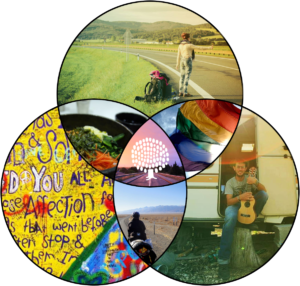
Three-four months ago the support team received a couple of messages from users that touched on the above topic. After the discussions that followed in our Volunteer Chat we decided to take it up in the next weekly meeting. There we agreed on holding a specific video call about the matter, as there was more to talk about than available time. A couple of weeks were left pass to gather suggestions for new names and then about ten of us from a couple of continents connected again to see if we could come to some sort of consensus.
Unsurprisingly, that didn’t happen. But we did have a very productive and rewarding discussion. Weighing pros and cons to bring the 20+ suggestions down to a shortlist of only three. These were then added to mockups so the wider community of volunteers could have a look at them “live”. There was also talk of the technical aspects of the change that need to be looked into. But there’s no real reason to go into the minor details here.
So why circles? Well, first of all it’s a well-known word, easily understood by non-native speakers (also easy to translate – spoiler alert!), and simple to remember. There’s also a nice visual connection to the Trustroots map, an existing use for a group of people in several languages (“a group of people sharing an interest, activity, or achievement: well-known in artistic circles“), and there are connections to various philosophical/spiritual contexts.
The same or similar arguments could also be made for the two other options on the shortlist. But while everybody who had something to say thought Circles a good alternative, opinions varied widely for the others. So after letting it simmer for another while, the discussion was brought back to another weekly meeting. There we confirmed the already existing consensus and a rough roadmap for implementing the change was decided on.
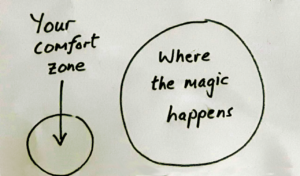
Now. Where do we take things from here? As has been pointed out before and surely will be again, Circles are currently little more than fancy tags. Handy for giving a bit of info about yourself and for filtered searches. But with the usual calm pace of a project entirely based on volunteers that occasionally have time to spare, we are looking to move forward. They could become a way to facilitate discussions and create intersecting communities within the community; or a way to “sandbox” yourself if, for example, you only want to be seen and hosted by cyclists/musicians/other families; or perhaps be a higher priority for search results and messages relating to your Circles. They could turn into all of the above and more. The movement has begun though. If you want and can dedicate a bit of time to feedback or coding, we’d be happy to have you!
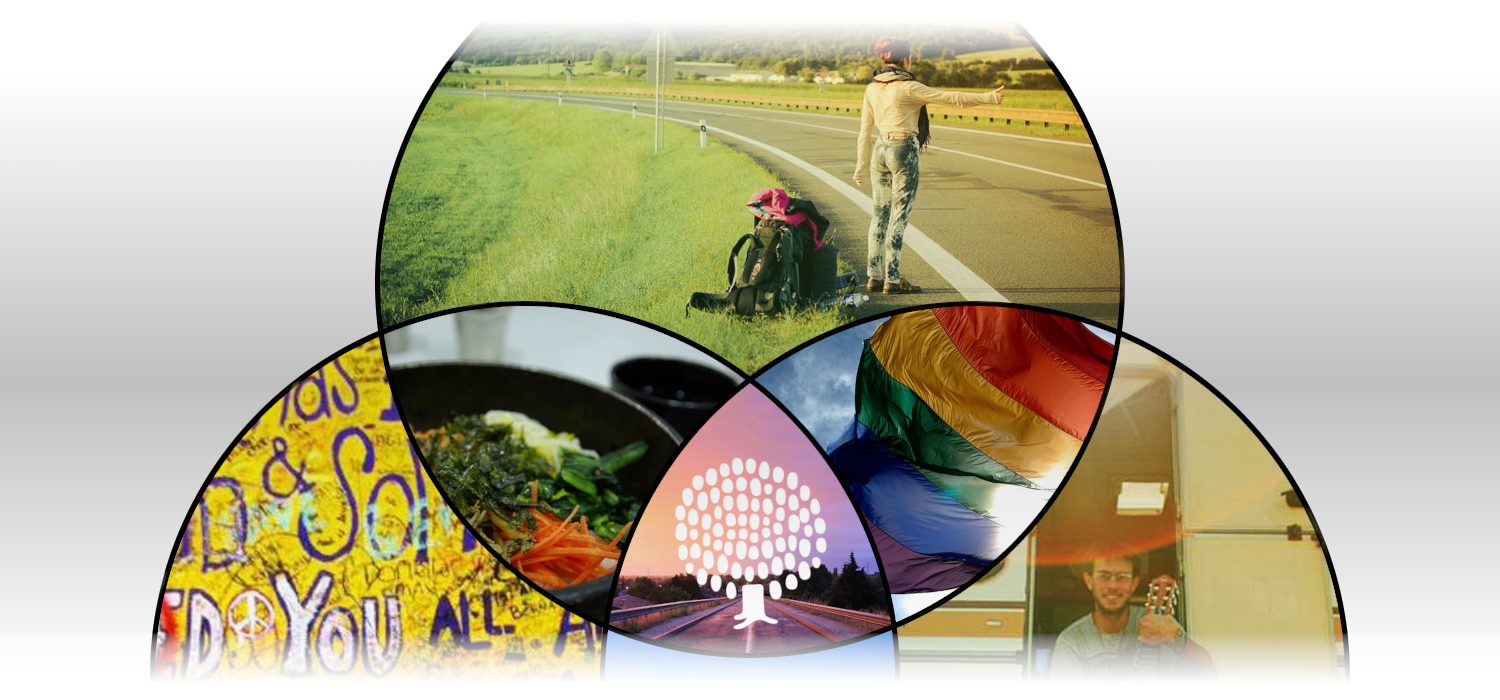

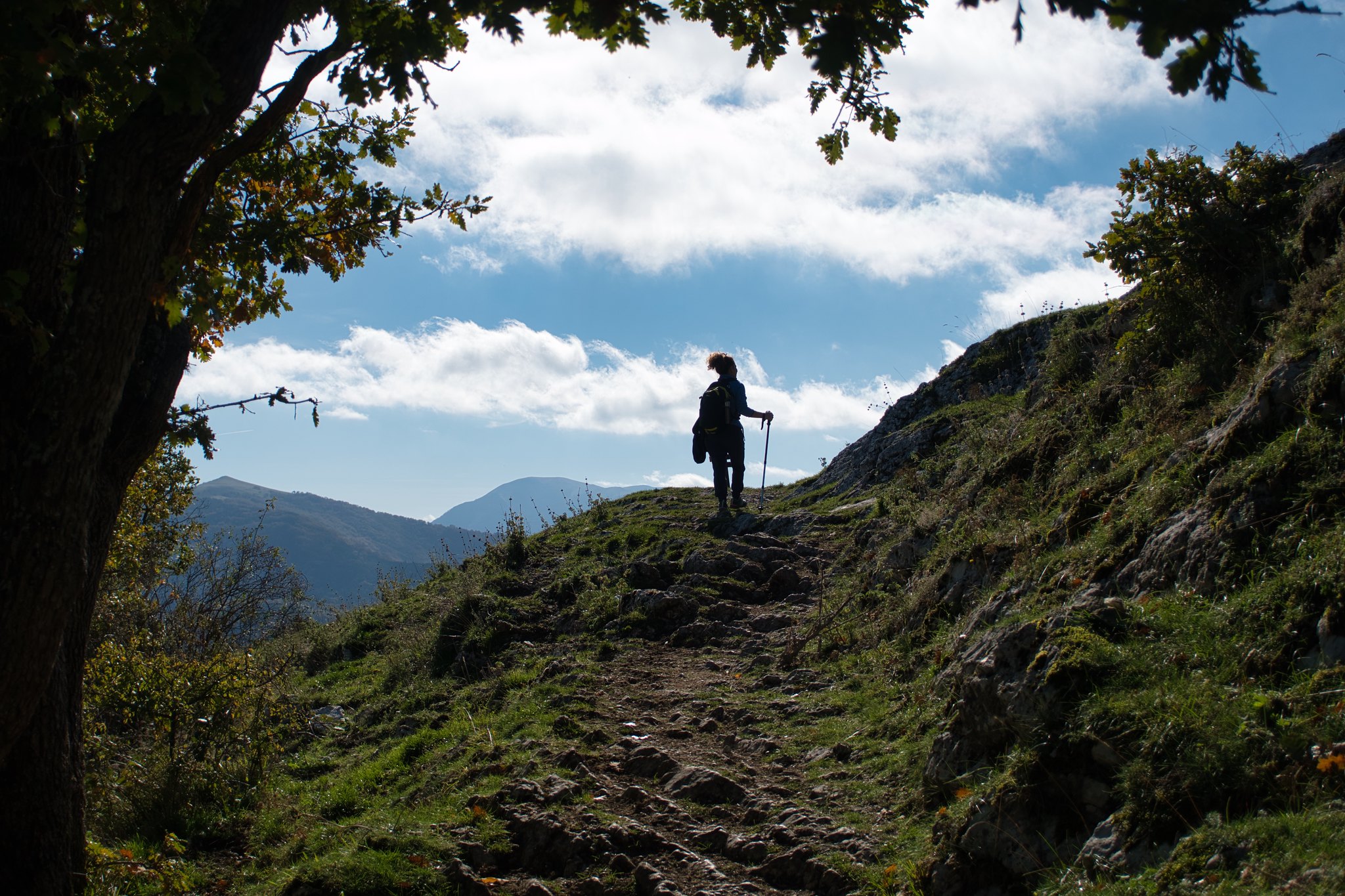
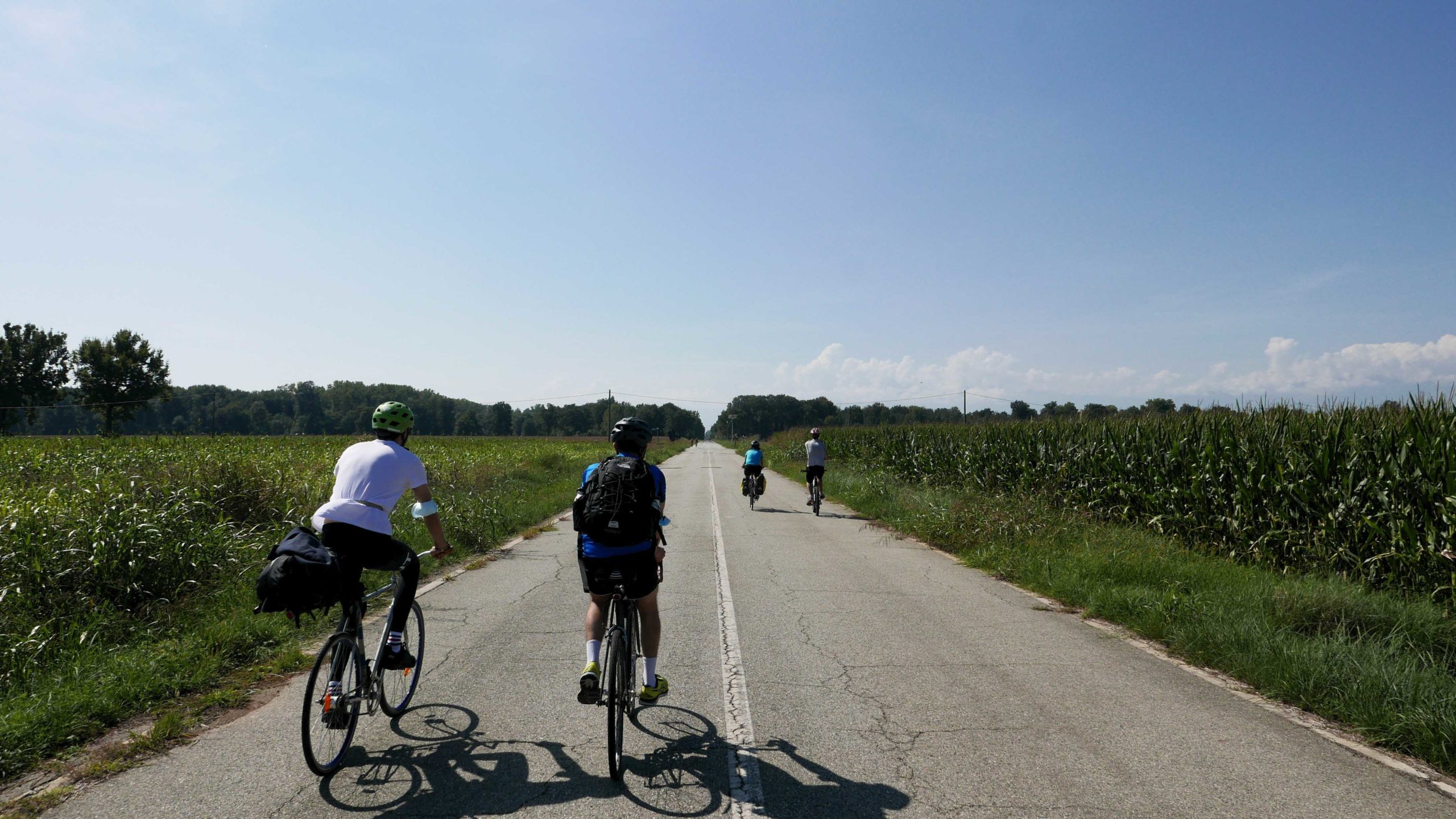
Responses
Circles certainly sounds less lame too but whats wrong with “Groups”?
It was included in the suggestions but didn’t make the final shortlist due to being generic and a bit boring, if I remember correctly..
Although the majority of feedback we’ve received on the change to Circles has been positive, there’s been one email and one comment where those writing haven’t had anything against the change in itself, but disagree very much with our reasons for introducing it. We appreciate these differing opinions and obviously replied to the email, but due to its negative content we’ve decided not to publish the comment here on the blog. Hopefully this won’t be seen as censorship but rather as us trying to keep the blog a pleasant experience on the internet. Negative feedback written with a pragmatic mindset will of course always be published.
IIRC back in 2014 when we (the 5 founders) started Trustroots we had a bunch of options for the name. We chose “tribe” without giving it much thought. Different times.
Over the years we did get some messages from people who thought it would be good to change it. I also got this feedback from some people I spoke to. I did some research about the definitions of “tribe”, starting at https://en.wikipedia.org/wiki/Tribe and duck.com and couldn’t see much harm in it personally.
But the the use of the word has been an issue to people that I really like hanging out with, maybe even keeping people away from Trustroots.
Now other people have voiced that this change was not needed. The person who posted the comment which we didn’t want here was quite antagonistic in this way, but I’ve also personally received the feedback that Trustroots is trying to be too politically correct here. But the context is 2020, the craziest year ever for most of us, and people are on the edge and easily inflammable.
In this sense it’ll be great to actually find ways to get people with opposing viewpoints together, e.g. about such polemic topics as BLM and Trump. This will be a lot more effective than discussing this online. (https://cfpeace.org/events/encounters/ is very inspiring in this sense.)
And thru this simple change of one word Trustroots is just a tad more likely to make it possible that people with completely different ideas meet in the future, and hopefully come to some mutual understanding.
So overall I think it’s a good change.
Yet I’d still like to contrast the blog post with two links, just to point out that in my opinion Trustroots changing “tribe” into “circle” has infinitesemally little to do with the problems around decolonization, let alone fixing them:
– https://en.wikipedia.org/wiki/Decolonization
– https://duck.com/?q=problems+decolonization